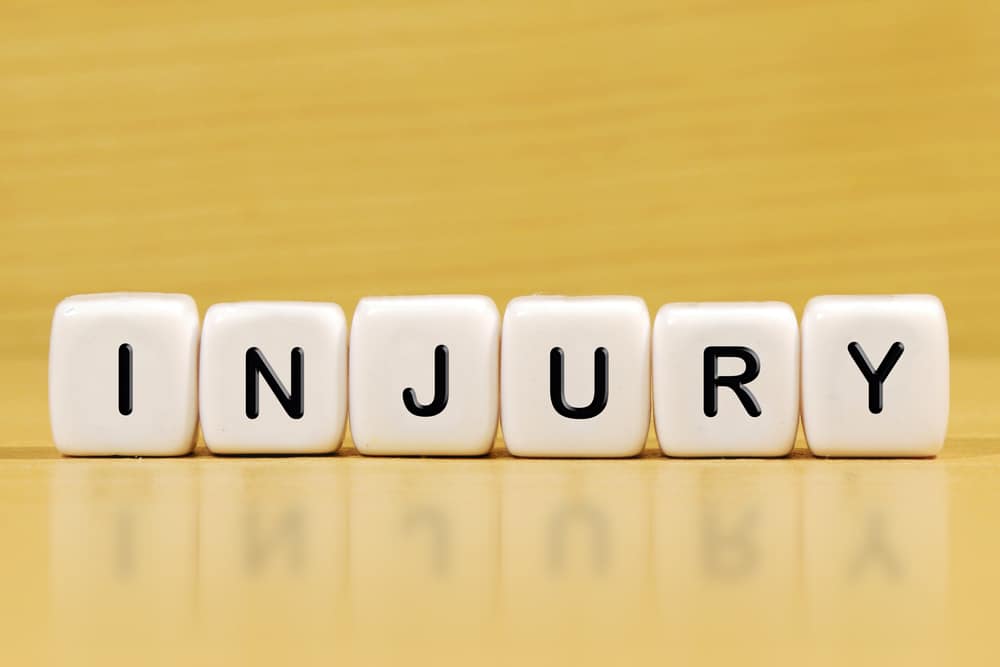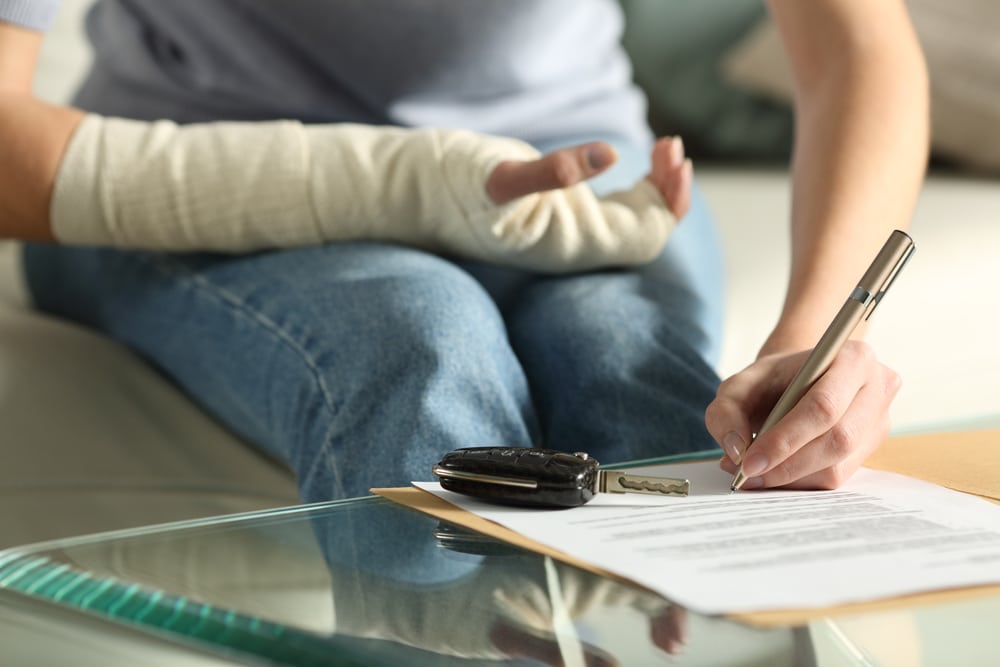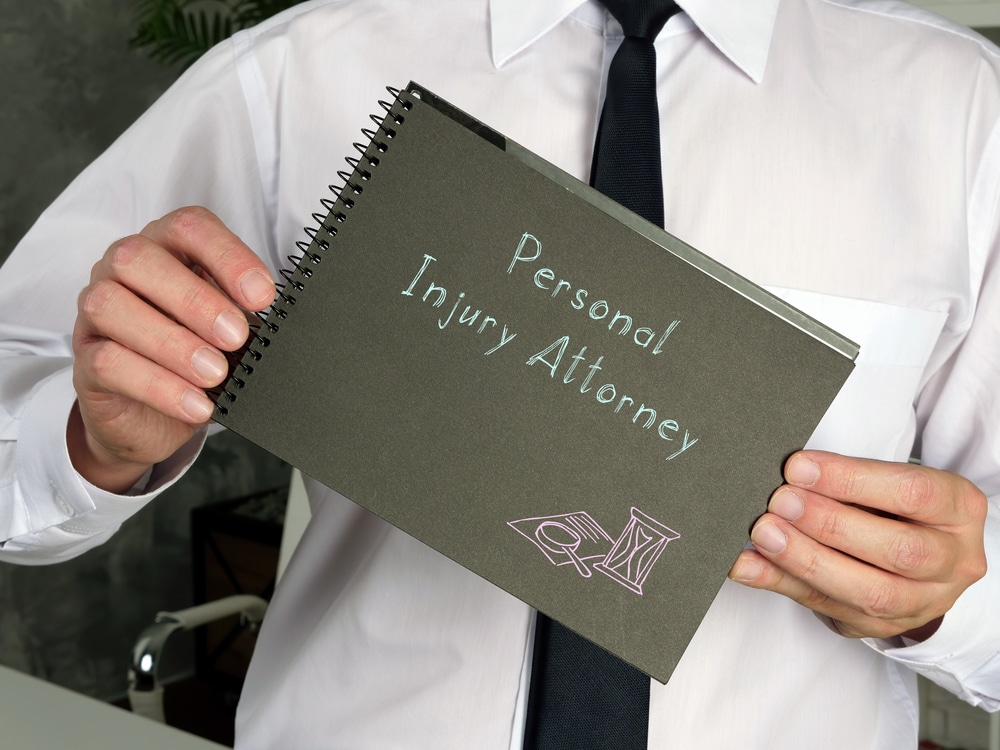Are you wondering what you should do if you have been injured in an accident? You are not alone, as many people have questions about personal injury claims. To help answer some of the most common personal injury questions, we have compiled a list of the top 10 personal injury FAQs. You’ll learn about the personal injury law process, the evidence needed for a personal injury claim, and winning a personal injury claim. This article will provide you with the answers to personal injury FAQs such as, “Should I file a personal injury claim” and “how to prove a personal injury claim”.
1) How Do I Prove My Personal Injury Claim?
When it comes to filing a personal injury claim, many people are uncertain how to go about proving their case and if they should even file a claim in the first place. If you’ve been injured due to the negligence of another party, then you have the right to pursue financial compensation for your losses. But before you can collect any compensation, you must prove that your injury was caused by the other party’s negligence.
The first step in proving your personal injury claim is to document the incident. Gather any relevant evidence needed to file a personal injury claim — such as photos, eyewitness accounts, medical records, police reports, and anything else that shows the other party’s negligence and the damages you suffered. It’s also important to understand the law related to personal injury claims. Different states have different laws surrounding these types of cases, so consult an experienced lawyer who can provide legal advice and representation throughout the process.

Next, you will need to establish causation, which is why it’s important to get medical attention as soon as possible after the incident. With medical records and a doctor’s statement, you will be able to prove that your injury was a direct result of the other party’s negligence.
Finally, you must prove damages. To do this, you will need to submit documentation that proves the full extent of your losses such as lost wages, medical expenses, and any out-of-pocket costs associated with your injury.
You can increase your chances of winning your personal injury claim with proper documentation and legal representation. While it’s ultimately up to the judge or jury to decide if your claim is valid, following these steps will give you the best chance at recovering fair compensation for your losses.
2) Should I File A Personal Injury Claim?
The second most common personal injury FAQ is whether one should file a personal injury claim.
If you have been injured due to another person’s negligence or intentional acts, you may be wondering if you should file a personal injury claim. Filing a personal injury claim can help you recover compensation for medical bills, lost wages, and other damages related to the accident. However, filing a claim is not always the right choice.
Before deciding whether or not to file a personal injury claim, it’s important to understand how to prove your claim. To prove your claim, you must demonstrate that the other party acted negligently or intentionally and that their actions were the cause of your injury. Evidence needed to file a personal injury claim include: medical records, witness statements, and police reports can help support your claim.
It’s also important to consider the chances of winning your personal injury claim. While no one can guarantee the outcome of a case, hiring an experienced personal injury lawyer can increase your chances of success. An experienced attorney will have the knowledge and resources necessary to build a strong case and negotiate with insurance companies on your behalf.
Ultimately, filing a personal injury claim is a personal decision that depends on the specific facts of your case. If you have been injured due to someone else’s negligence or intentional acts, it’s important to speak with an experienced attorney who can evaluate your case and advise you on the best course of action.
3) How Can I Increase My Chances of Winning My Personal Injury Claim?
To win your personal injury claim, you must prove that the other party was at fault and caused you harm. This can be done through personal injury evidence such as medical records, witness statements, and photos.
It is important to file a personal injury claim as soon as possible. The sooner you file your claim, the easier it will be to gather evidence needed to file a personal injury claim and establish fault. It is also important to keep all records related to your injury, including medical bills, lost wages, and any property damage. This information should be provided to your attorney for review and use in court if necessary.
Your personal injury lawyer can also help you by negotiating a settlement with the responsible party’s insurance company or filing a lawsuit against them. Your lawyer should provide advice on the best course of action for your case and guide you through the legal process. They should also be able to answer any questions and provide guidance throughout the process.
Following these steps can maximize your chances of winning your personal injury claim. Make sure to consult with an experienced personal injury lawyer if you have any doubts or questions about your case.

4) What Kind of Evidence is Needed For A Personal Injury Claim?
If you’re wondering what kind of evidence is needed for a personal injury claim, the answer is that it depends on the type of claim and the circumstances. Generally speaking, if you are considering filing a personal injury claim, it is important to gather as much evidence as possible to prove your case. This should include medical records, photos of the accident scene, witness testimony, and other documents relevant to the case.
Medical records are the most important form of evidence in a personal injury claim. These documents will provide information about the extent of your injuries and any treatments received. If you are pursuing damages for medical bills, these records will also be key in calculating the amount of compensation you may be entitled to.
Photos from the accident scene are also important to have. Photos can provide visual evidence of the events leading up to and following the accident, which can help prove your case. It is also important to have eyewitness testimony that can back up your account of what happened. This can be in the form of written statements or verbal testimony given in court.
Having all of this evidence should i file a personal injury claim will make it easier to prove how to win your personal injury claim and how to prove personal injury claim. It is also important to consult with an experienced personal injury attorney who can help advise you on the best way to proceed with your claim.
5) How Long Does the Personal Injury Law Process take?
The length of the personal injury law process depends on several factors, including the severity of the injury, the amount of evidence available, and how quickly the case is resolved. Generally speaking, a personal injury claim can take anywhere from several months to several years to resolve.
Before you decide whether or not you should file a personal injury claim, it’s important to consider all of the implications of the process. The outcome of the case will likely determine how much compensation you receive for your injury, so it’s important to have a good understanding of how long it could take.
In order to prove your personal injury claim, you must provide evidence that shows the other party was at fault. This may include medical records, photos of the accident scene, witness statements, and any other relevant documentation. In addition to this evidence, you must also prove that your injuries were caused by the other party’s negligence or recklessness.
Once the evidence is gathered and submitted, the court will review it and make a decision. Depending on the complexity of the case and the amount of evidence provided, this process can take anywhere from a few weeks to several months.
If you’re considering filing a personal injury claim, it’s important to understand that there is no guarantee that you will win your case. However, if you’re prepared with solid evidence and work with an experienced personal injury attorney, you can increase your chances of winning your case and receiving fair compensation for your injuries.
6) Can I File A Personal Injury Claim Without an Attorney?
It’s possible to file a personal injury claim without an attorney. However, it’s important to know the law and have a strong understanding of the process before you start. A qualified personal injury lawyer will be able to evaluate your case and advise you on how to proceed.
If you should decide to go ahead with a personal injury claim without an attorney, there are some steps you need to take. First, you must prove that another party was at fault for your injuries. You must then gather evidence, such as medical records, accident reports, photos, or witness testimonies. This evidence should demonstrate how your injuries were caused by someone else’s negligence.

Once you have the necessary evidence, you must file a claim with the other party’s insurance company. At this point, it’s important to remember that insurance companies may not have your best interests in mind and will try to deny or minimize your claim. To increase your chances of winning your personal injury claim, consider hiring an experienced attorney who can handle negotiations and ensure that you receive the compensation you deserve.
7) How Much Will It Cost to File A Personal Injury Claim?
When considering whether you should file a personal injury claim, it is important to consider how much it will cost. Generally, the cost of filing a personal injury claim depends on the complexity of the case, the number of parties involved, and the legal fees associated with hiring an attorney.
In order to increase your chances of winning your personal injury claim, you will likely need to consult with an experienced personal injury attorney. In most cases, the costs of filing a personal injury claim are paid on a contingency fee basis, meaning the lawyer will receive a percentage of the settlement or verdict. This fee is usually between 33-40% of the total recovery.
In the end, the costs associated with filing a personal injury claim can vary widely depending on the situation. Therefore, it is important to consider all these factors when deciding whether to pursue a personal injury claim.
8) Will My Personal Injury Case Go to Trial?
Personal injury claims don’t always have to be taken to trial. In some cases, the opposing party may be willing to negotiate a settlement agreement to avoid going to court. Whether you should file a personal injury claim and take it to trial or not depends on the specific details of your case.
Your attorney can help you decide whether you should take your personal injury claim to trial or not. They will assess the strength of your evidence and advise you on how to increase your chances of winning, so that you can make an informed decision.
9) What Types of Damages Can I Recover in a Personal Injury Claim?
If you have been injured due to someone else’s negligence, you may be entitled to compensation. Depending on the type and severity of your injury, you may be able to recover both economic and non-economic damages.
Economic damages are typically easy to calculate because they include quantifiable losses such as medical bills, lost wages, and property damage. Non-economic damages are more subjective and can include pain and suffering, emotional distress, or loss of enjoyment of life.
Before you file a personal injury claim, it is important to understand the different types of damages that you may be able to recover. Knowing what to expect should help you make an informed decision about whether or not you should file a personal injury claim.

10) How Do I Choose The Right Personal Injury Attorney?
One personal injury FAQ revolves around choosing the right personal injury lawyer. Selecting the right attorney to represent you in your personal injury claim can be a difficult decision, but it is a critical step to getting the best outcome possible. Before you make your choice, you should consider the following questions:
• What experience does the attorney have with cases similar to yours?
• Has the attorney handled cases like yours successfully?
• Does the attorney have the necessary expertise to handle your case?
• How will the attorney communicate with you about your case?
• Is the attorney willing to take your case to trial if necessary?
You should also take into consideration the attorney’s fees. Ask how much the attorney charges for their services and what expenses you can expect to pay. You should always feel comfortable discussing financial matters with your attorney.
When you have narrowed down your options, consider speaking with each prospective attorney so that you can get a feel for their style and personality. If the attorney seems unresponsive or unwilling to discuss your case, that could be an indication that they are not the right fit for you.
Ultimately, it is important to make an informed decision about who will represent you in your personal injury claim. Once you have answered these questions and spoken with potential attorneys, you should have a good idea of whether or not they are the right fit for you. With the right attorney on your side, you can maximize your chances of proving your personal injury claim and winning your case.
Final Words: Personal Injury FAQ
Personal injury claims can be complicated and require a thorough understanding of the law. It is important to know how to prove your personal injury claim, how to win your personal injury claim, and whether or not you should file a personal injury claim. Knowing the answers to the 10 most frequently asked questions about personal injury claims will help you better understand the legal process and increase your chances of success.
It’s critical to work with a qualified personal injury attorney to navigate the legal process and maximize your potential recovery. Choosing the right attorney is an important decision, and it’s important to ask questions and research different attorneys before making a decision.
No matter what situation you find yourself in, remember that filing a personal injury claim is a serious undertaking and should not be taken lightly. Do your research, consult with experienced attorneys, and make an informed decision about whether filing a personal injury claim is the right choice for you.





